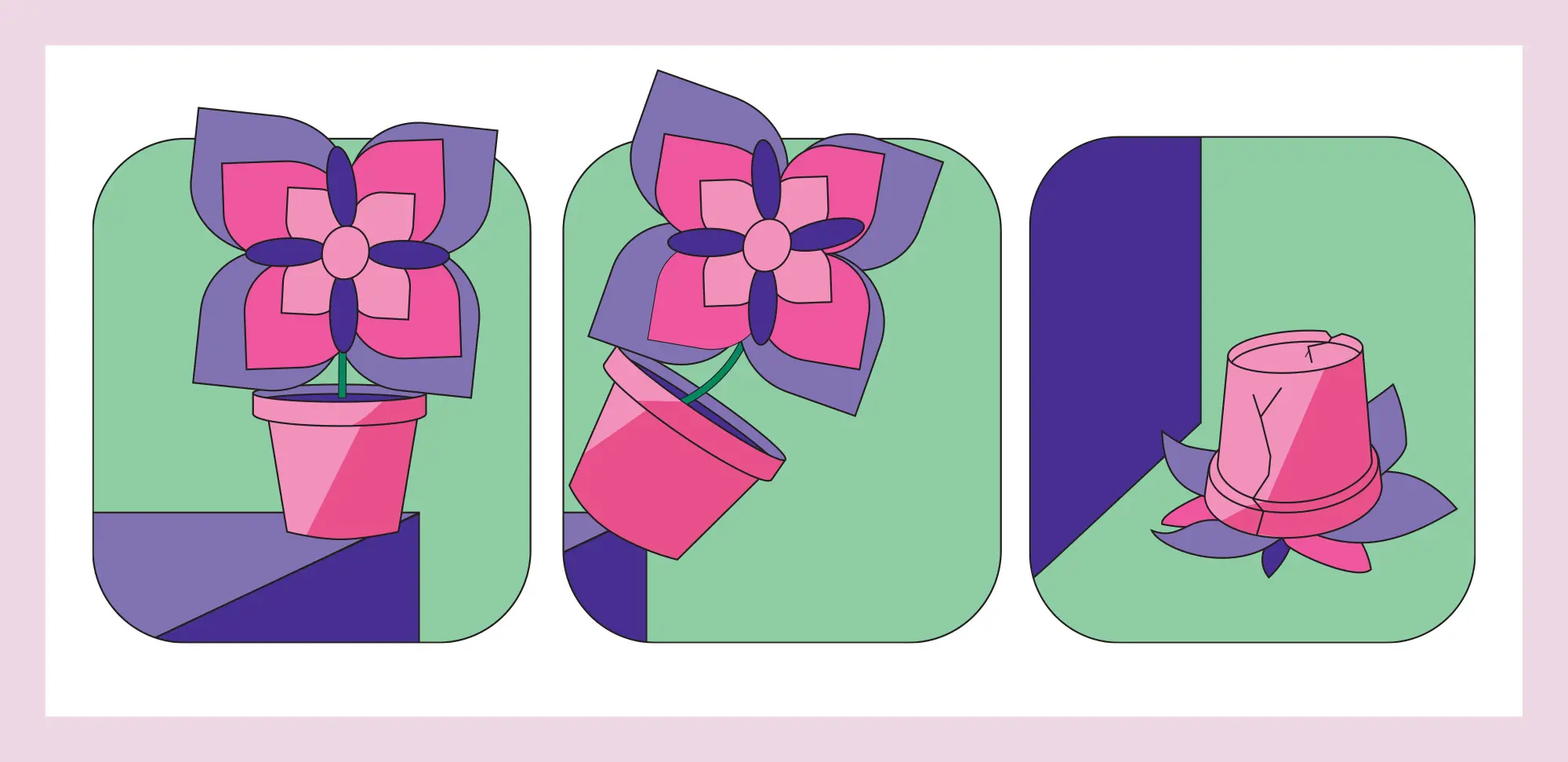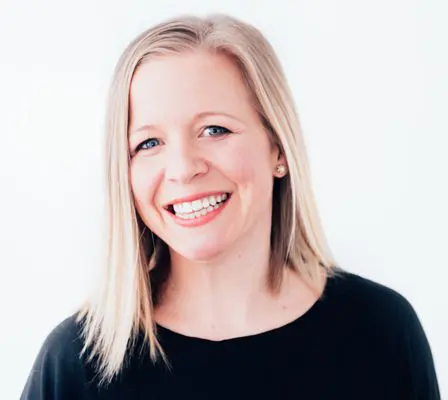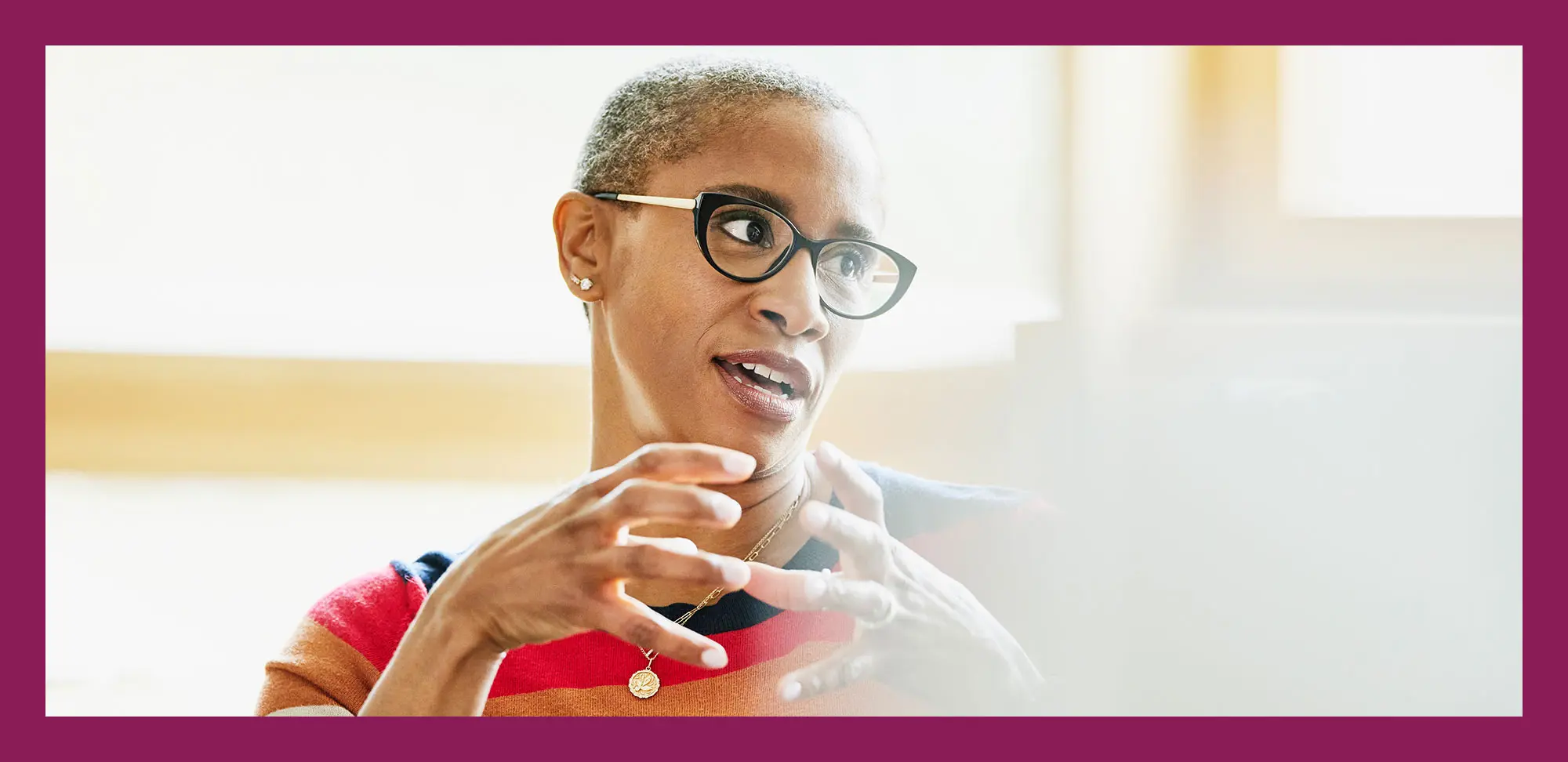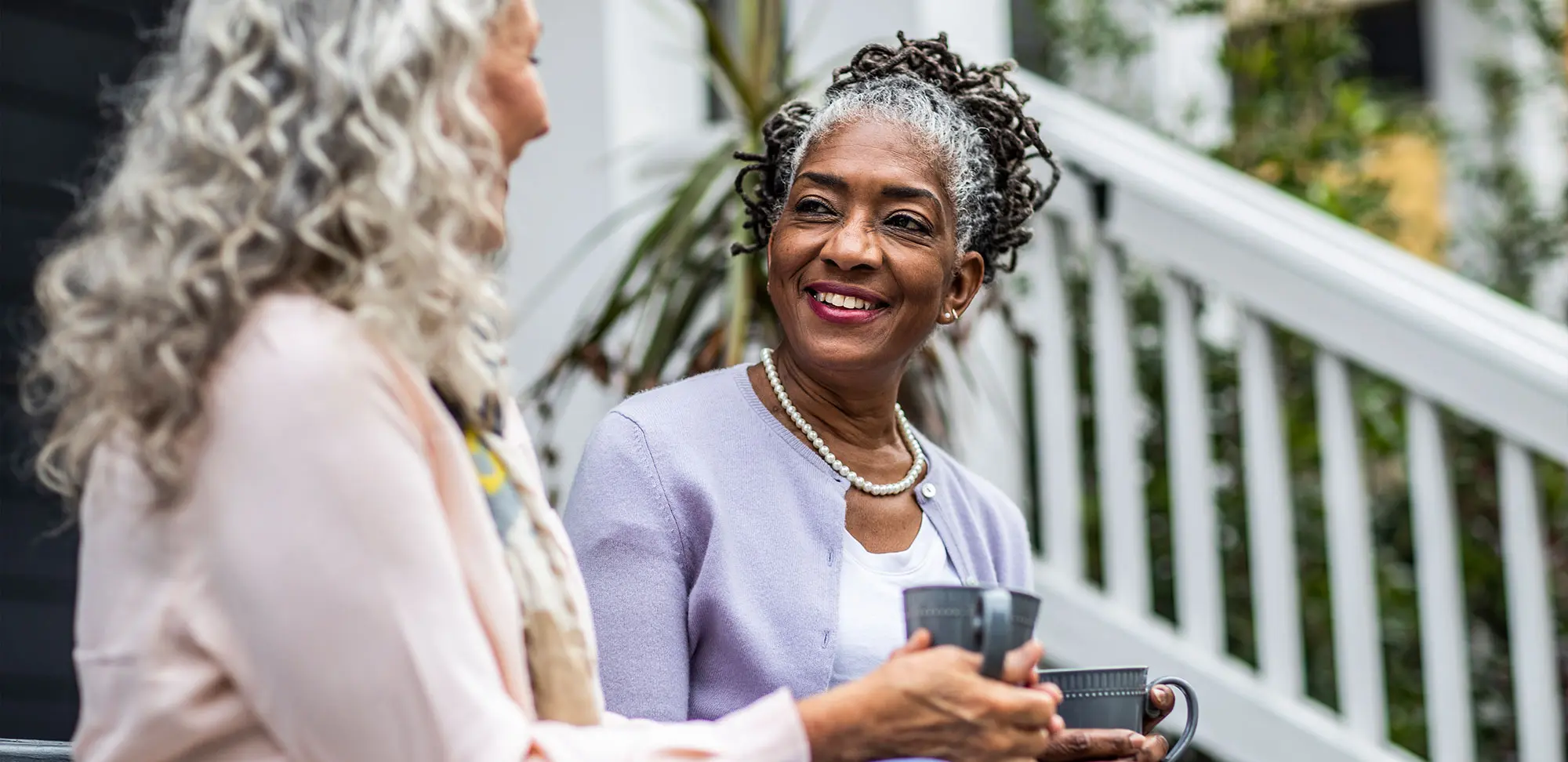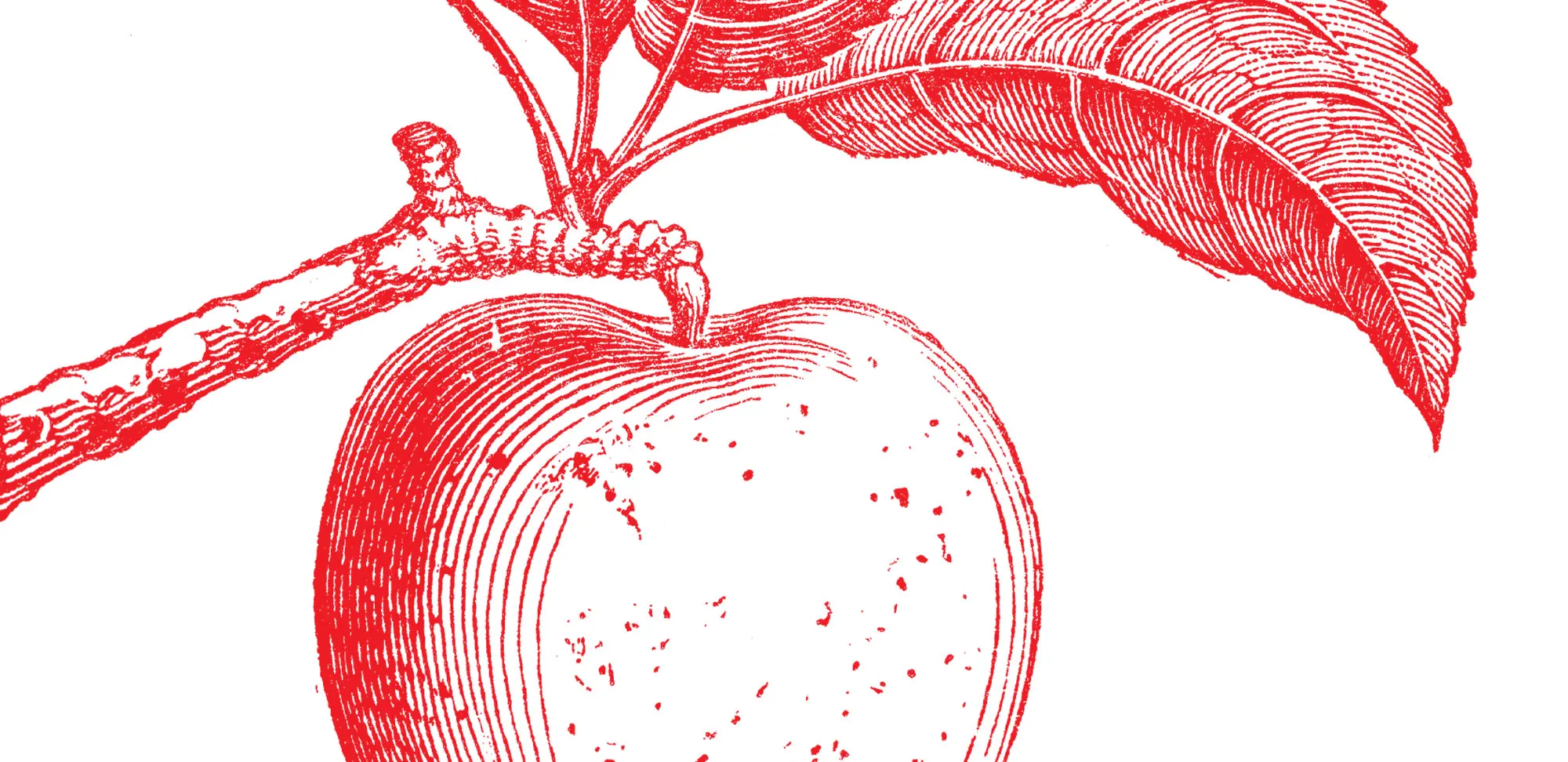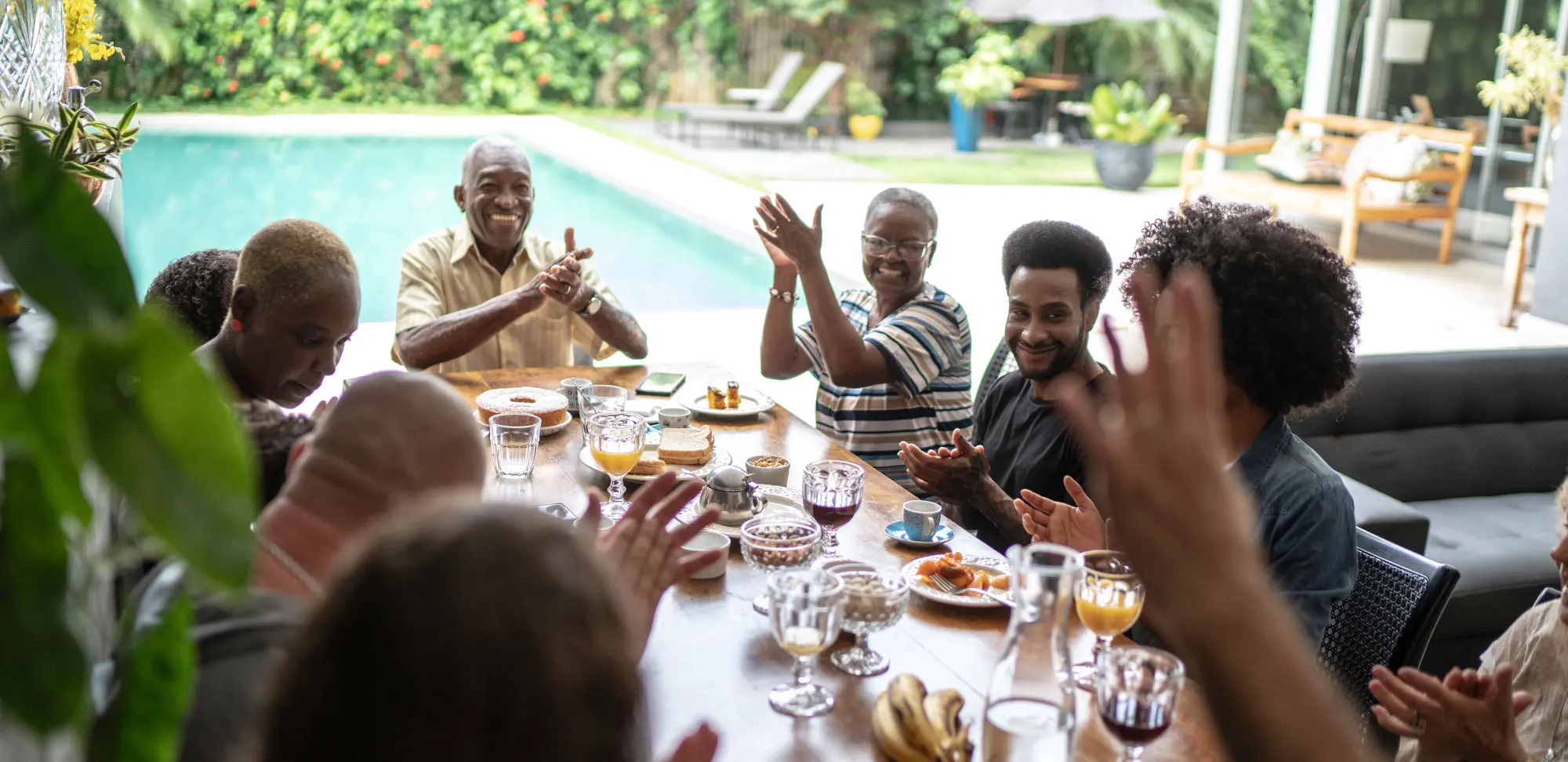Real-life stories are peppered with plot twists, aren’t they? Tragic losses, illnesses and injuries, unexpected money, infidelity, love found and lost, children with disabilities…
No matter how carefully we plan our today and tomorrow, life happens and we find ourself somewhere — physically or emotionally — we sure hadn’t planned to be.
And while our life experiences are personal, the simple fact that we’ll encounter a shift is almost universal. In small, large and often unfathomable ways, life throws us curveballs. But life also gives us a glove to catch them, and if we pay attention, these experiences can open up new opportunities to learn, grow and sometimes live a richer life than we had thought possible.
Meet three RTOERO members who share the curveballs that got them to where and who they are — unexpectedly — today.
When John Rager (District 51 Echo) met Claude Mathieu about a year ago, he decided he would be candid with her.
Rager had recently lost his wife, Barbara, to Parkinson’s, having cared for her for more than two decades. After her death, he spent a lot of time reflecting on their life together, and the pandemic’s closures meant there was little to distract him.
He began to see himself and his late wife as individuals more clearly — and to forgive.
“All of the things I couldn’t tell my wife because I was embarrassed and ashamed, I finally accepted myself, so I didn’t have that fear anymore,” he says. Mathieu didn’t turn away from his vulnerability. She leaned in, and their companionship is unfolding: They take classes, work out and go to concerts together. Rager says there’s a sense between them that they’ll support each other for the rest of their lives.
The gift of self-acceptance pays dividends.
“Sometimes we have a simplistic notion that pleasure is good and pain is bad, when in fact some painful things are really important teachers,” says Rager. Grappling with the pain of his late wife’s illness and death, Rager could explore himself and recognize the historical moments in his past that contributed to who he is today — his most authentic self.
“Think about yourself, your life and the things you wish you hadn’t done. Forgive yourself. Find a way to let them go. Be as honest with yourself as you can be. And let yourself enjoy the rest of your life,” he says.
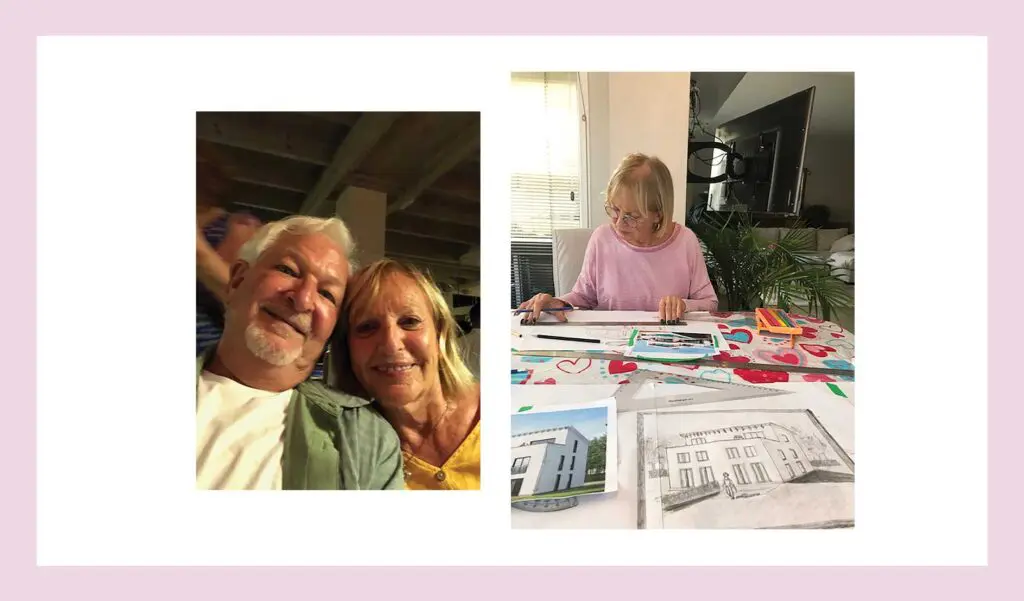
Chandra LaFitte (District 16 City of Toronto) was on a road trip in her 20s when medical test results caught up to her.
She wasn’t well, and the doctors thought her condition might be terminal.
“It shook me to the core,” LaFitte says. “Twenty-two-year-olds don’t have the maturity or the foresight to see life, and all you need is something like that to make you change your priorities.”
LaFitte had plans. And having to grapple with the fear of dying before she had a chance to realize those plans helped shape her approach to life. “I realized you can plan your entire life and just get hit in the teeth,” she explains.
So, she taught herself to hold her plans and goals loosely. “If I achieved them, great. If I didn’t, it wasn’t a disappointment, and it wasn’t going to kill me,” she says. “The hardest lesson I had to internalize is how to fail and what to do when I fail.”
LaFitte also recognized the need to shift plans. She had always wanted to spend time abroad and had applied for exchanges but never got one. After she finished teaching full-time — she doesn’t like the word “retiring” — she took an opportunity to live in the U.K., working at the University of Sheffield as a teaching aide, and had a blast.
While LaFitte has gone on to accomplish great things, including recently completing a doctorate in theology, what stands out for her isn’t the individual gains but the collective life experience.
“The theme through my life is how wonderful people have been,” she says. “You discover that you’re not Superwoman. And then you become more realistic about other people as well. If it can happen to me, it can happen to anybody. So, let’s think about everybody else and what demons, illnesses or weaknesses they face.”
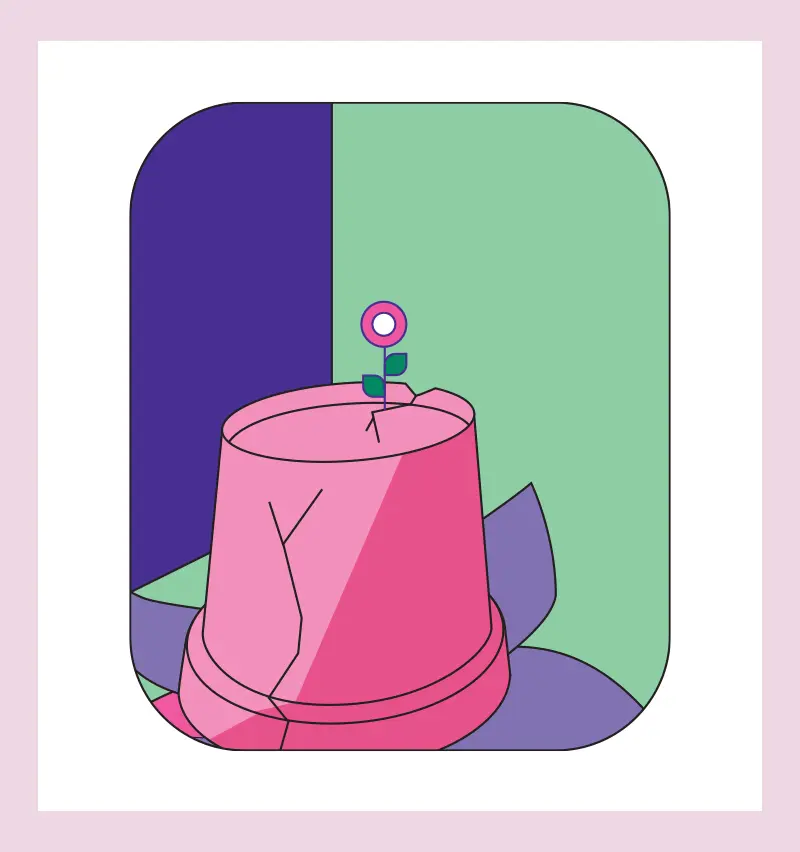
“You can sit at home and feel sorry for yourself or get out and get involved in some things.”
— Dave Giles
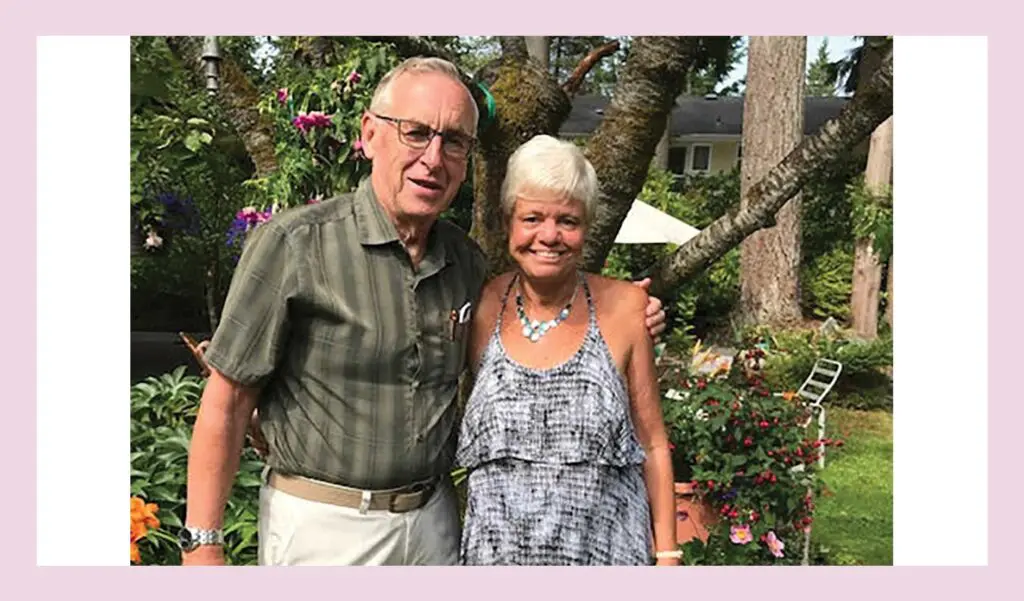
Every week, Dave Giles (District 41 Elgin) drives people living with cancer to their treatments. He’s a volunteer with the Canadian Cancer Society, a role he took on after losing Diane, his wife of 37 years, to cancer.
“You can sit at home and feel sorry for yourself or get out and get involved in some things,” Giles says. Volunteering was one of the ways Giles found to connect with others.
But it was a connection that came through Facebook that blindsided him, in the best of ways. A friend request popped up from Darlene Dorey, a name etched in his heart. Giles and Dorey had been engaged in the early 1970s but eventually went their separate ways.
They hadn’t seen each other since their split, and Dorey had moved on to another marriage, too, which had recently ended.
Now Giles and Dorey share a home and are charting their future, together.
Giles has much to reflect on, including his financial security, which makes it possible to pursue his interests. “We are very secure in our pension. I’ve learned to be thankful for how life has treated me. You don’t have to look very hard to find people in a worse scenario than you.”
Tips from a life coach
Sue Maitland, a B.C.-based professional life coach, has been helping people make inspired transitions for more than a decade. Here’s her advice for dealing with unexpected change:
- Give yourself time to process what’s happened. If you’re dealing with the loss of a loved one, a job or an opportunity you were hoping would materialize, understand you’ll need time to grieve.
- Recognize that advice you receive from friends and family is from their perspective, based on their experiences, beliefs and values. What they would do in your situation may not be right for you.
- Try to stay connected with others in your life who are a positive influence and can support and uplift you.
- Take time to clarify your priorities. They may be different than in the past.
- Avoid taking on lots of new commitments to fill up your time. Align new commitments with your priorities, values and interests.
- Create a vision of what you want for the next phase of your life and set one or two goals with realistic dates attached and a plan to achieve those goals.
- Appreciate that this unexpected transition presents you with a chance to make positive changes in your life. Things will be different, and after taking time to reflect and envision a new future, you may find that all kinds of new and exciting possibilities begin to open up for you.
Maitland has turned her successful one-on-one coaching program into a workshop called What’s Important to Me NOW? to help people uncover their top priorities. Learn more on her website at suemaitland.com.
